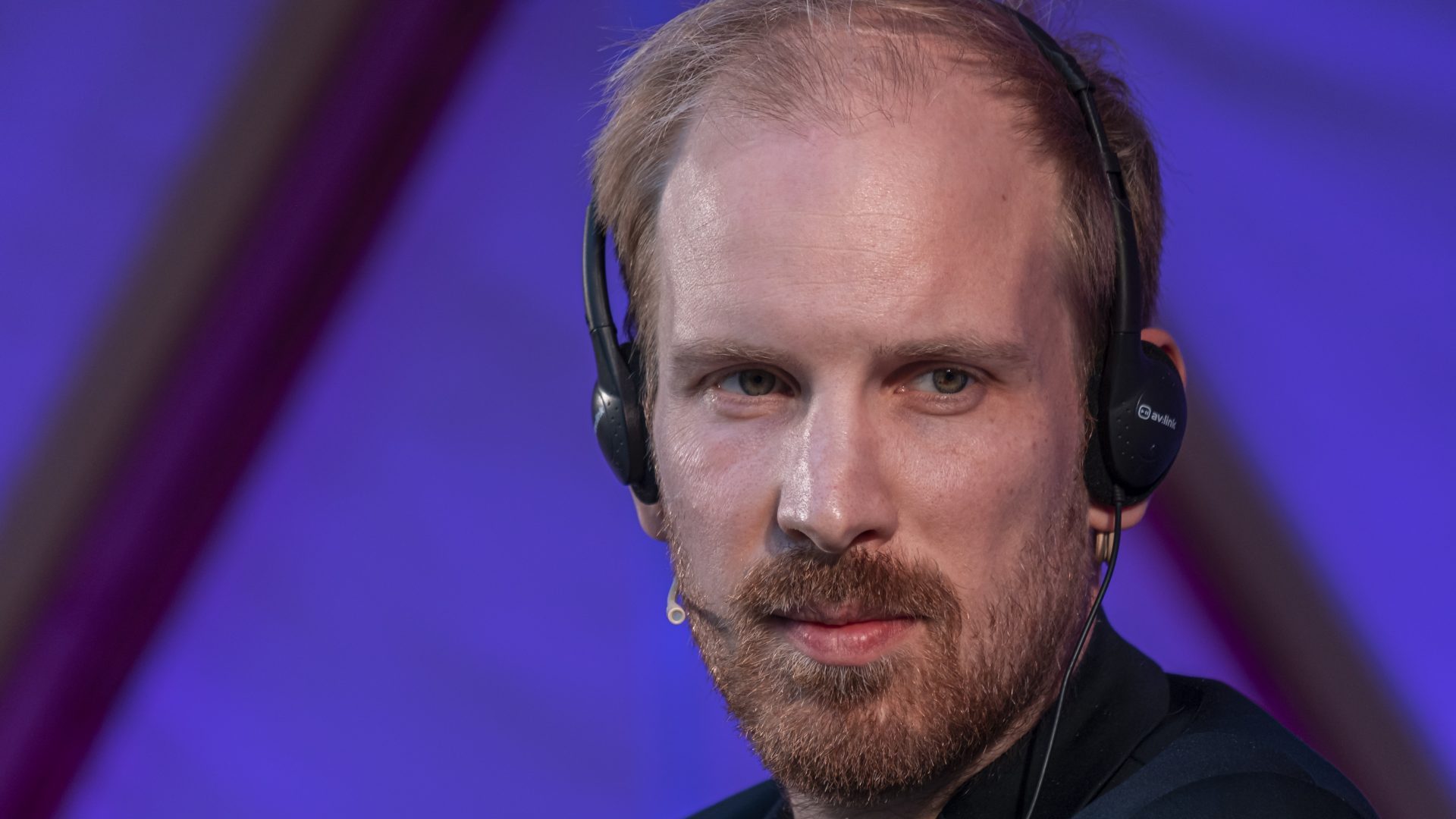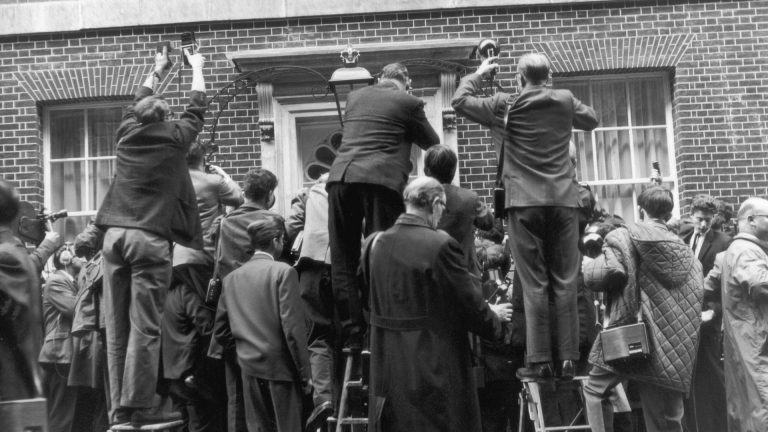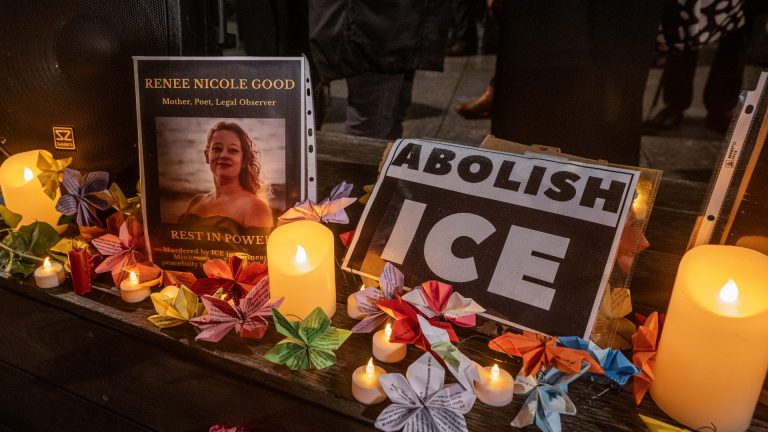Early last month the BBC recorded this year’s Reith Lectures, its annual series of speeches by weighty public figures given ever since 1948.
This year’s lectures, due to be broadcast next month, are by Rutger Bregman, the Dutch historian and best-selling author. Titled Moral Revolution, they delve into what he describes as the current age of immorality, and, as the BBC description has it, explores “a growing trend for unseriousness among elites, and ask how we can follow history’s example and assemble small, committed groups to spark positive change”.
Unsurprisingly for a man of the left, Bregman had some choice words for the man currently occupying the White House. Perhaps more surprisingly for a corporation currently embroiled in an existential row about impartiality, it has chosen to censor him.
“I wish I didn’t have to share this. But the BBC has decided to censor my first Reith Lecture,” Bregman posted on X this morning. “They deleted the line in which I describe Donald Trump as ‘the most openly corrupt president in American history’.
“This sentence was taken out of a lecture they commissioned, reviewed through the full editorial process, and recorded four weeks ago in front of 500 people in the BBC Radio Theatre. I was told the decision came from the highest levels within the BBC. This has happened against my wishes, and I’m genuinely dismayed by it.”
Assuming the BBC wasn’t concerned about being sued by the ghost of Richard Nixon, the decision follows Trump’s decision to pursue a $1 billion legal complaint against the Corporation over its cut-and-paste job on an edition of Panorama.
But it also follows a piece for the Spectator by one of the 500 people in Broadcasting House Radio Theatre for the recording – the right wing blogger Paul Staines, who immediately took Bregman and the Beeb to task for speaking out against his hero in the West Wing.
Suggested Reading

How to grow your moral ambition, with Rutger Bregman
Decrying Bregman as “the Dutch version of Owen Jones” and “darling of the Guardian reading classes”, Staines detailed how he later in the evening attended a dinner in the BBC’s council chamber where the historian’s lecture was widely praised.
“The all-round condemnation of the populists became more shrill as more wine was consumed,” wrote Staines. “When I muttered that Nigel Farage was my friend it was as if I had admitted to bestiality, it triggered a rictus grin from the BBC bigwig sitting next to me and arched eyebrows from the BBC producer opposite. All of this took place at the table under what I perceived as the disapproving gaze of a portrait of Lord Reith, who must be spinning in his grave at what is being done in his name.”
He went on: “Even with heavy editing of the broadcast it will be hard to leave the listening audience with any sense other than that it has platformed a deranged anti-Trumper. Senior figures in Broadcasting House are a little concerned that they are snookered.
“They can’t edit out the Trump bashing as it was central to the lecture, yet when the broadcast goes out it will confirm the feeling that the BBC has an anti-Trump agenda.”
Now the BBC has edited out the Trump bashing. If they did it because they were fearful of vengeance from the notoriously thin-skinned leader of the free world, that would be bad enough. But to do it on the basis of a column by a blogger who has long avoided court orders and therefore the legal perils faced by most UK publishers by basing himself and his site’s servers outside the country…?
Rutger told Rats in a Sack: “I don’t think I have much to add to this right now. I’m really sad about it. The whole team behind the Reith Lectures was incredible, and it was such an honor to deliver them.
“I still hope lots of people will listen to the lectures. Because it seems to me that the message, about the cowardice of today’s elites, is more relevant than ever.”












